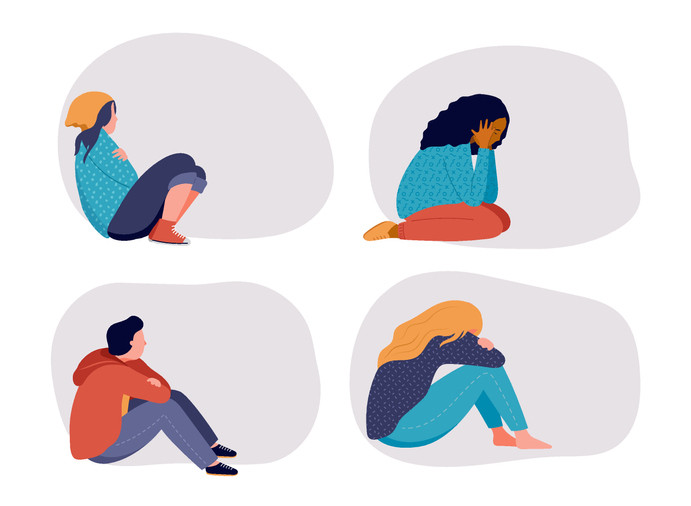Emily Yang (10) | STAFF REPORTER
Amongst the many dilemmas in healthcare, the rising concern of drug addiction is especially prominent amidst Canada’s recent socio-economic instability. The influence of this predicament is most evident amongst the Indigenous, who face disproportionate effects due to complex historical, environmental and physiological influences.
The Indigenous drug addiction crisis stems from their historical trauma of colonization policies. Practices such as residential schools and assimilation into ‘Canadian’ culture left many indigenous children with identity conflict and mental health issues.
This unsolved intergenerational trauma forced many Indigenous people to resort to negative coping mechanisms, normalizing the abuse of tobacco, alcohol and marijuana. Such an environment promotes the chances of being peer pressured or feeling obligated to engage in drug use, thus increasing the possibilities of addiction.
Factors such as genetics also increase this possibility for families with a history of drug usage. The lack of education and healthcare further heightens this risk, as the Indigenous may lack the proper resources to manage their mental health and coping mechanisms. The lack of culturally appropriate treatments also prevents the Indigenous, who may not be as comfortable with conventional treatments, from receiving proper guidance and solutions to their addiction.
Given these challenges, there is no definite, immediate solution to the drug addiction issue in Indigenous communities. Government policy changes regarding access to healthcare, education, employment, mental health services and opportunities for campaigns will be lengthy but will lead to progress.



